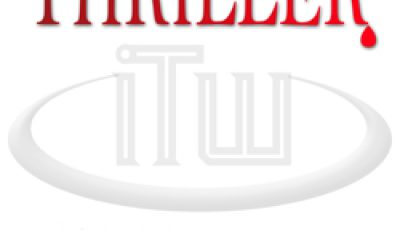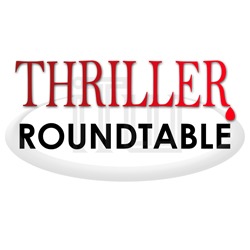

May 16th to the 22nd: “Imagine you’re invited to give a two-minute ‘state of industry’ speech to ITW members. What would you say?”
Imagine you’re invited to give a two-minute “state of industry” speech to ITW members. What would you say?
This week literary agents Janet Reid, Nicholas Croce and Kristin Lindstrom discuss what they would say to ITW Members. It’s the can’t-miss discussion we’re all dying to hear!
Janet Reid is a literary agent at FinePrint Literary Management specializing in compelling fiction, particularly crime fiction, and narrative non-fiction. She’s always on the lookout for fabulous projects. Her publishing background includes fifteen years in book publicity with clients both famous and infamous. In her spare hours she drinks scotch and stalks Jack Reacher.
Kristin Lindstrom established Lindstrom Literary Management in 1993 and represents a range of fiction and nonfiction clients. She works closely with writers to prepare manuscripts and proposals for the scrutiny they will receive at a publishing house, and pulls upon a total of 30 years of experience as a literary agent, editor and marketing and advertising consultant.
Nicholas Croce is a literary agent and President of The Croce Agency, which specializes in representing authors of commercial fiction. Before founding the agency, he worked at John Wiley & Sons, Rosen Publishing and Croce Publishing. Nicholas has degrees in Creative Writing and Journalism from the University of New Mexico and a Certification in Book Publishing from the New York University Center for Publishing.
- LAST GIRL MISSING with K.L. Murphy - July 25, 2024
- CHILD OF DUST with Yigal Zur - July 25, 2024
- THE RAVENWOOD CONSPIRACY with Michael Siverling - July 19, 2024

